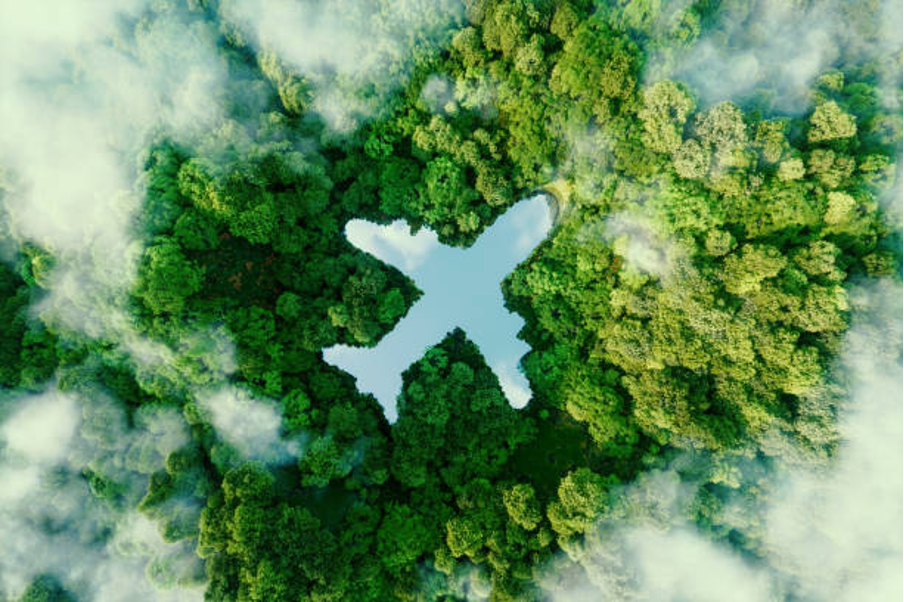
Introduction:
Pakistan, with its diverse landscapes, rich cultural heritage, and breathtaking natural wonders, holds immense potential for tourism. However, the rapid growth of tourism has brought with it environmental degradation, cultural erosion, and social disruption in many parts of the country. In response, there is a growing movement towards sustainable tourism, which seeks to minimize negative impacts on the environment, promote cultural preservation, and benefit local communities. In this article, we explore the concept of sustainable tourism in Pakistan, its importance, challenges, and opportunities for fostering a more responsible and ethical tourism industry.
1. Understanding Sustainable Tourism:
Sustainable tourism, also known as responsible tourism or eco-tourism, is a holistic approach to tourism that aims to minimize negative impacts on the environment, preserve cultural heritage, and promote social equity and economic benefits for local communities. Key principles of tourism include:
– Environmental Conservation: Sustainable seeks to protect and preserve natural ecosystems, wildlife habitats, and biodiversity by minimizing pollution, reducing resource consumption, and promoting sustainable practices such as waste management, energy efficiency, and conservation initiatives.
– Cultural Preservation: Sustainable aims to respect and preserve the cultural heritage, traditions, and identities of local communities by promoting authentic experiences, supporting cultural initiatives, and engaging with local residents in a respectful and responsible manner.
– Community Engagement: Sustainable tourism prioritizes the empowerment and involvement of local communities in tourism development, decision-making, and economic benefits, ensuring that tourism activities contribute to community well-being, social cohesion, and livelihood opportunities.
– Economic Benefits: Sustainable aims to generate economic benefits that support local economies, businesses, and livelihoods, including opportunities for employment, entrepreneurship, and investment in tourism-related industries such as hospitality, crafts, and agriculture.
2. Importance of Sustainable Tourism in Pakistan:
Sustainable tourism is particularly important in Pakistan due to its diverse ecosystems, fragile environments, and rich cultural heritage. Some key reasons why sustainable is important in Pakistan include:
– Environmental Conservation: Pakistan is home to a wide range of ecosystems, including mountains, forests, deserts, rivers, and coastal areas, which are vulnerable to environmental degradation, pollution, and habitat loss due to unsustainable tourism practices. Sustainables tourism can help protect and preserve these natural wonders for future generations to enjoy.
– Cultural Preservation: Pakistan has a rich cultural heritage, with diverse ethnic groups, languages, traditions, and historical landmarks that are at risk of being lost or degraded due to rapid urbanization, globalization, and cultural assimilation. Sustainables tourism can help promote awareness, appreciation, and preservation of Pakistan’s cultural heritage.
– Community Empowerment: Many communities in Pakistan, particularly in rural and remote areas, rely on tourism as a source of income and livelihood. Sustainable stourism can empower local communities by providing opportunities for employment, skills development, and economic diversification, while also promoting social inclusion, gender equality, and community development.
– Economic Development: Tourism has the potential to contribute significantly to Pakistan’s economy by generating revenue, foreign exchange earnings, and investment opportunities in tourism-related industries. Sustainable tourism can help unlock this economic potential while also promoting inclusive growth, poverty reduction, and sustainable development.
3. Challenges of Implementing Sustainable Tourism in Pakistan:
Despite its importance, sustainables tourism faces several challenges in Pakistan, including:
– Lack of Awareness: Many tourists and tourism operators in Pakistan are unaware of the principles and practices of sustainables tourism, leading to unsustainable behaviors and practices that harm the environment, culture, and communities.
– Infrastructure and Services: Pakistan’s tourism infrastructure, including transportation, accommodations, and facilities, is often inadequate or poorly developed, making it difficult to implement sustainables practices such as waste management, water conservation, and eco-friendly construction.
– Policy and Regulation: Pakistan lacks comprehensive policies, regulations, and enforcement mechanisms to promote and regulate sustainable tourism practices, leading to issues such as overdevelopment, pollution, and cultural exploitation in tourist destinations.
– Socio-Economic Factors: Poverty, inequality, and social instability in Pakistan can exacerbate environmental degradation, cultural erosion, and social conflicts associated with tourism development, making it challenging to achieve sustainable tourism goals.
4. Opportunities for Sustainable Tourism in Pakistan:
Despite these challenges, there are opportunities to promote sustainable tourisms in Pakistan, including:
– Education and Awareness: Increasing awareness and education about sustainable tourism among tourists, tourism operators, and local communities can help foster a culture of responsible tourism and encourage sustainable behaviors and practices.
– Capacity Building: Providing training, capacity building, and technical assistance to tourism stakeholders, including government agencies, tour operators, and community organizations, can enhance their ability to implement sustainable tourism practices and initiatives.
– Policy Reform: Advocating for policy reform and legislative measures to support sustainable tourism, including zoning regulations, environmental impact assessments, and cultural heritage protection laws, can help create an enabling environment for sustainable tourism development.
– Community Participation: Engaging local communities in tourism planning, decision-making, and benefit-sharing processes can empower them to take ownership of tourism development initiatives and ensure that tourism activities contribute to their well-being and prosperity.
Conclusion:
In conclusion, sustainable tourism has the potential to promote environmental conservation, cultural preservation, and community development in Pakistan. By adopting principles and practices of sustainable tourism, Pakistan can harness the economic, social, and environmental benefits of tourism while minimizing negative impacts on natural ecosystems, cultural heritage, and local communities. Through education, capacity building, policy reform, and community participation, Pakistan can pave the way for a more responsible, ethical, and sustainable tourism industry that benefits both present and future generations of travelers and residents alike.
For more Information: paktoursntravel.com